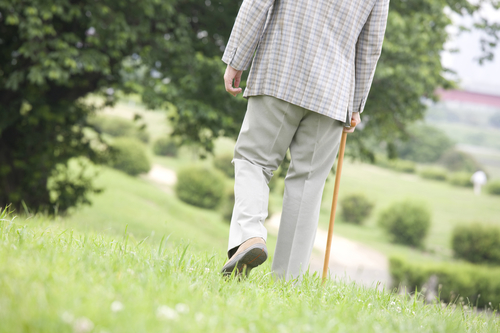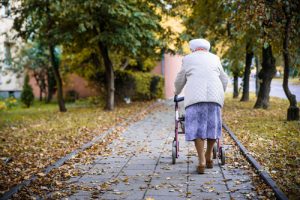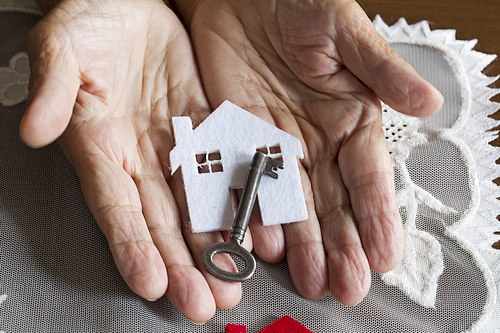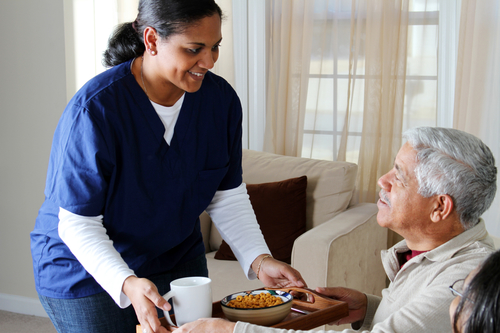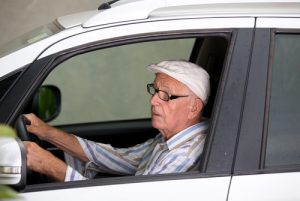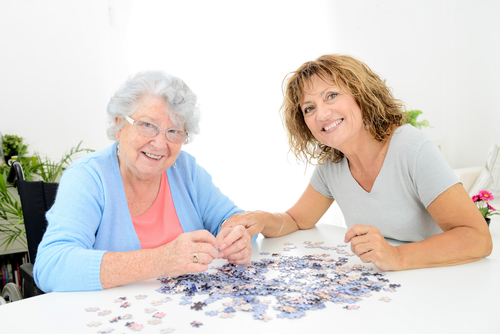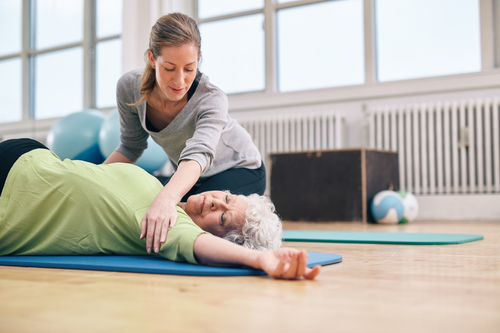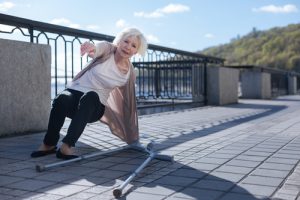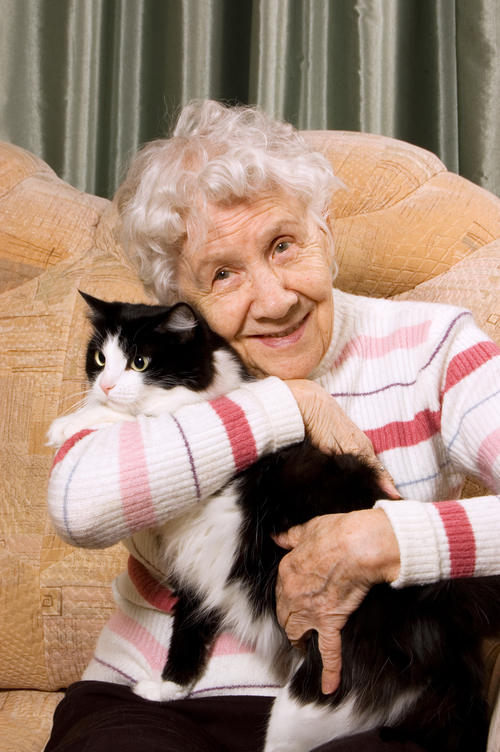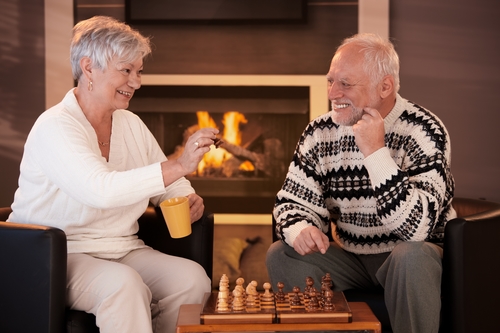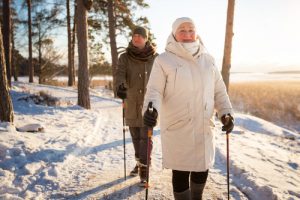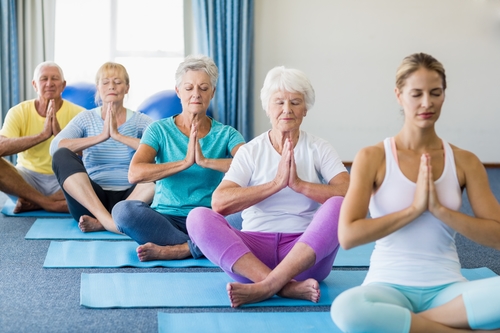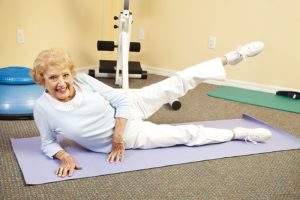When a loved one develops dementia or Alzheimer’s, it can be challenging to communicate. This is not only hard but heartbreaking. Someone you had such deep conversations with, now may not be able to remember your name. You may end up feeling frustrated after repeating something numerous times and without meaning to, snap at your loved one. Here are nine tips to make visiting a loved one with dementia easier.
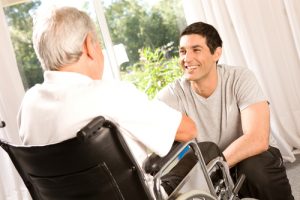
9 Tips to Make Visiting a Loved One with Dementia Easier
1. Realize that there will be adjusting on your part to match your loved one.
It’s not fair to think that your loved one with dementia or Alzheimer’s can match your speed. You need to enter their world, not the other way around. The conversations may be more emotional than intellectual, and that’s okay, adjust for that, and you can have an enjoyable visit.
2. Try redirecting whenever the conversation gets difficult.
Focus on what memories a person with dementia still has, instead of the ones they lost. Maybe there is a fond memory of childhood you can listen to, or maybe listen to music. Many studies have shown that the connection to music stays strong even while memories fade.
3. Be in the moment with them when you visit.
Instead of asking about their activities, talk about objects in the room that they can look at. Don’t try to engage a memory about the object. Instead, see it as something new and comment on it physically. You can even bring props, like flowers, baked goods, or photos, to start a conversation.
4. Do not underestimate the power of eye contact and touch.
A lot of communication is through body language, come in with a smile, and that will already make the visit easier.
5. Be careful of how you discuss the past.
While not off-limits, the past can be hurtful to someone with dementia. Saying things like “You remember so and so,” can make them feel like they are disappointing you when they can’t remember. Instead, you can incorporate the past in ways that will make them feel helpful. Ask them for advice, for example, and this will make them feel needed.
6. Help your loved one become comfortable with their memory loss.
When they are frustrated about forgetting something, make a joke about how you have the same problem. Try to be engaged with the story they are telling, even if it doesn’t make sense, or they get details wrong.
7. Try to have the least amount of outbursts.
One way of doing that is not arguing with them when they are upset. Try to remember empathy as you interact with them. They may feel like you are not taking them seriously or invading their space. Try to convey to them that you understand, but you both need to work through this together. If you can, try to be as calm as possible because the interactions are more emotional; your loved one may mimic your anger, not knowing what else to do.
8. At the same time, don’t be afraid of outbursts either.
Outbursts may help your loved one communicate something that is bothering them. If you shut down, you miss that chance to connect. Ways to get through an outburst is, once again, listening to them. You can also redirect the conversation, and even sometimes, getting up can dispel the anger. The only bright side with dementia is that if they are angry, in a few minutes, they might forget and be happy to see you
9. Give your loved one and yourself a break.
Having dementia is incredibly tough on both you and your loved one. Try not to take to heart anything your loved one says, instead maybe take it as a way to see your loved one in a whole new light. If you make some missteps, don’t beat yourself up. No one is prepared for this situation. The best thing is to move on and not hold onto those negative feelings.
Read more here.
